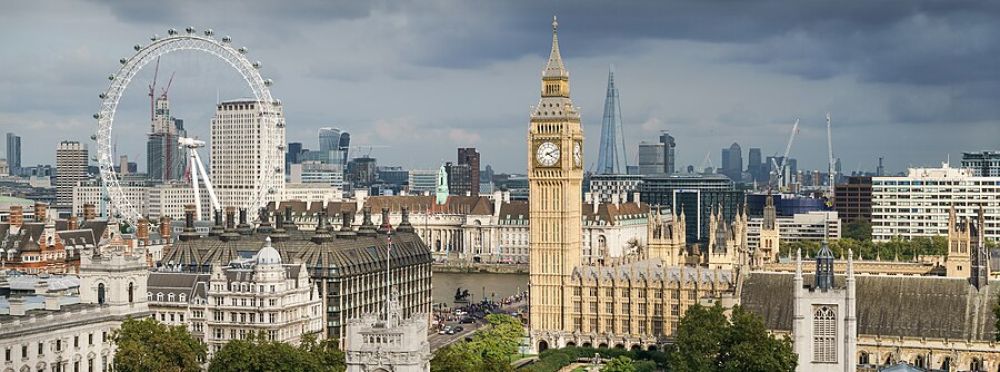

Tourism in London has a rich and vibrant history, reflecting the city's status as a global hub of culture, politics, and finance. From its Roman foundations to modern-day attractions, London's appeal to visitors has continued to evolve.
London's tourism roots can be traced back to the Roman settlement of Londinium, which quickly established itself as a center of trade and commerce. Visitors were drawn to the city for both business and the thermal baths, a feature that catered to travelers seeking relaxation and leisure.
In the 17th and 18th centuries, London became an essential destination for the aristocratic Grand Tour, a coming-of-age voyage for wealthy Europeans. The British capital offered an array of cultural experiences, with its theaters, museums, and galleries like the British Museum, which opened in 1753.
The 19th century saw a significant boost in London tourism with the advent of the railway. The improved transport links made the city more accessible to the masses, inaugurating a new era of popular tourism. Attractions such as the Tower of London, and the Crystal Palace after the 1851 Great Exhibition, became hotspots for visitors.
Post-World War II, London's tourism industry was revitalized with various reconstruction projects and the development of new attractions. In recent decades, iconic landmarks like The London Eye, The Shard, and the Tate Modern art gallery have further solidified the city's appeal.
Today, London is one of the world's most visited cities. It caters to a diverse range of tourists with its mix of historical sites such as Buckingham Palace and modern attractions like the Warner Bros. Studio Tour London - The Making of Harry Potter. The city's ability to blend tradition with innovation keeps tourists returning.
In recent years, sustainable tourism has gained momentum, with London taking strides to become a more eco-friendly destination. Initiatives include promoting walking and cycling tours, as well as the introduction of Ultra Low Emission Zones to reduce pollution. Additionally, the rise in experiential travel has seen the growth of immersive experiences like secret cinema events and escape rooms. London has also seen a surge in gastronomic tourism, with its myriad of world-class restaurants and food markets, emphasizing both traditional British cuisine and international flavors.
London's tourism history illustrates the city's enduring allure. As it continues to adapt to new trends and visitor demands, London's position as a premier destination is likely to remain secure for years to come.